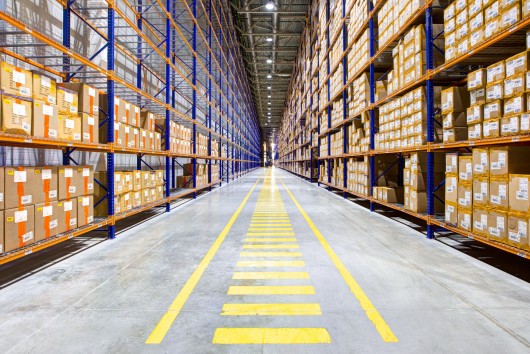Illicit trade in Europe - Scale, Impact, Solutions
24-02-2022

Illicit trade is a growing threat in an increasing digital and globalised economy. The World Economic Forum (WEF) estimates that over US$2.2 trillion (3% of global GDP) has been lost due to illicit trade leakages in 2020 alone. Additionally, according to the Transnational Alliance to Combat Illicit Trade, imports of counterfeit and pirated goods are worth nearly $500 billion a year.
During the COVID-19 pandemic, illicit activities have increased across different sectors such as pharmaceuticals, tobacco, alcohol, PPE products, home and personal sanitising products, luxury goods, beauty and personal care products. Supply and demand disruptions, restricted travel and international border closures have forced criminals to adapt their networks. One of the most noticeable changes has been the shift to an online environment. In fact, law enforcement officials have reported that EU e-commerce has been a predominant medium to send fraudulent COVID-related products. But illicit trade has been a big concern for industry even before the start of the pandemic.
Over the past 20 years, there has been a criminal transformation driven by geopolitical, economic and technological shifts, that has seriously challenged certain industries. Illicit trade typically affects legitimate businesses in terms of lost market share, slower growth, damage to business infrastructure, reputational harm, rising supply chain compliance, security and insurance costs. Many stakeholders believe there is no simple solution and that illicit trade must be targeted from multiple angles. These include developing better legal and policy frameworks, tightening supply chains, improving enforcement at the border, and consumer awareness. Targeting consumer awareness is deemed increasingly important, as through good educational campaigns, people can make more informed and responsible choices.
Join this EURACTIV debate to discuss the impact of illicit trade on society and economy. What are the threats they face? How can information-sharing mechanisms be strengthened? And how can government and industry work together to combat illegal trade?
Location
Online
Panellists
Javier Doz, Member, European Economic and Social Committee
Morgane Gaudiau, Economist, Illicit Trade, OECD
Cindy Braddon, Head of Communications and Public Policy, TRACIT
Lucine Ovumyan, Senior Vice-President, Corporate Affairs and Communications, JTI
Moderator
Brian Maguire, Journalist, EURACTIV
Schedule
14:30 – 14:35 Welcome
14:35 – 14:50 Panellist statements
14:50 – 15:40 Discussion and Q&A
15:40 – 15:45 Closing statements
Contact
Tamara Novel
tamara.novel@euractiv.com




